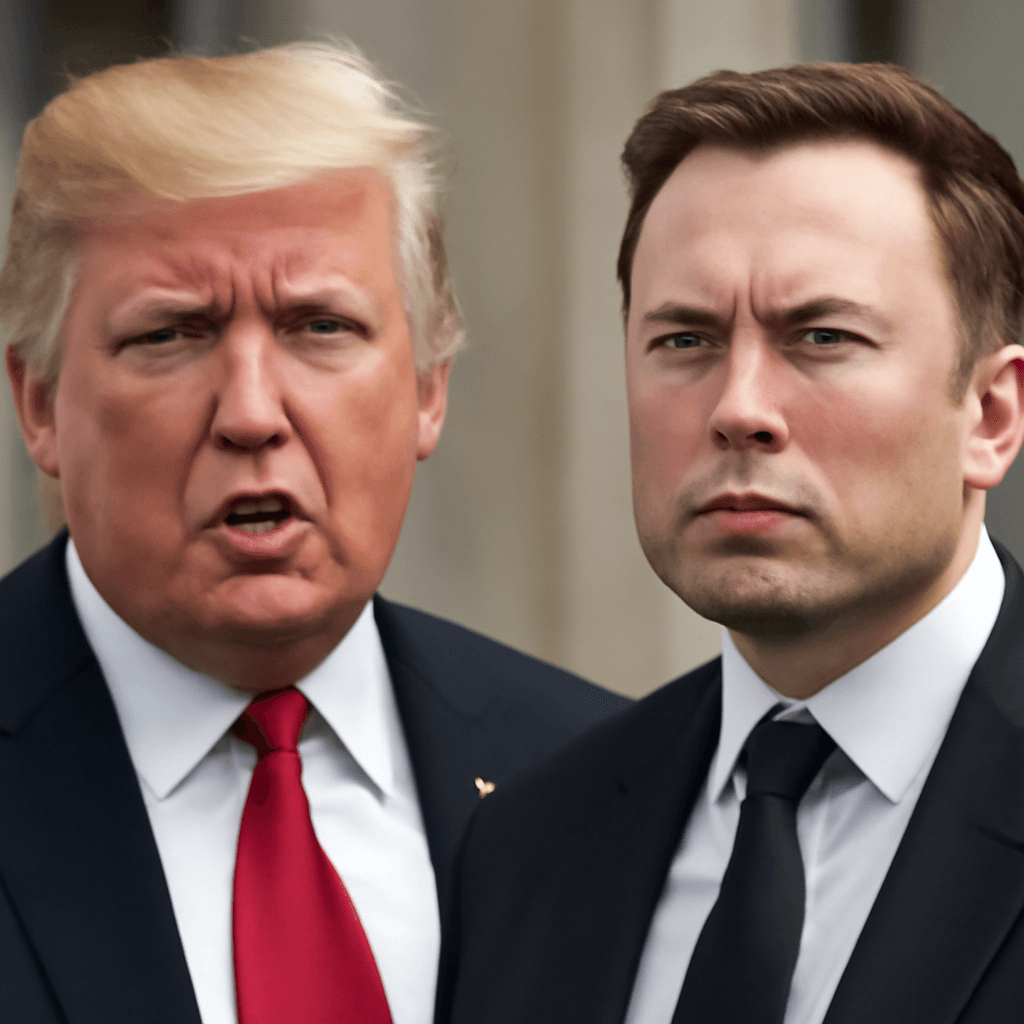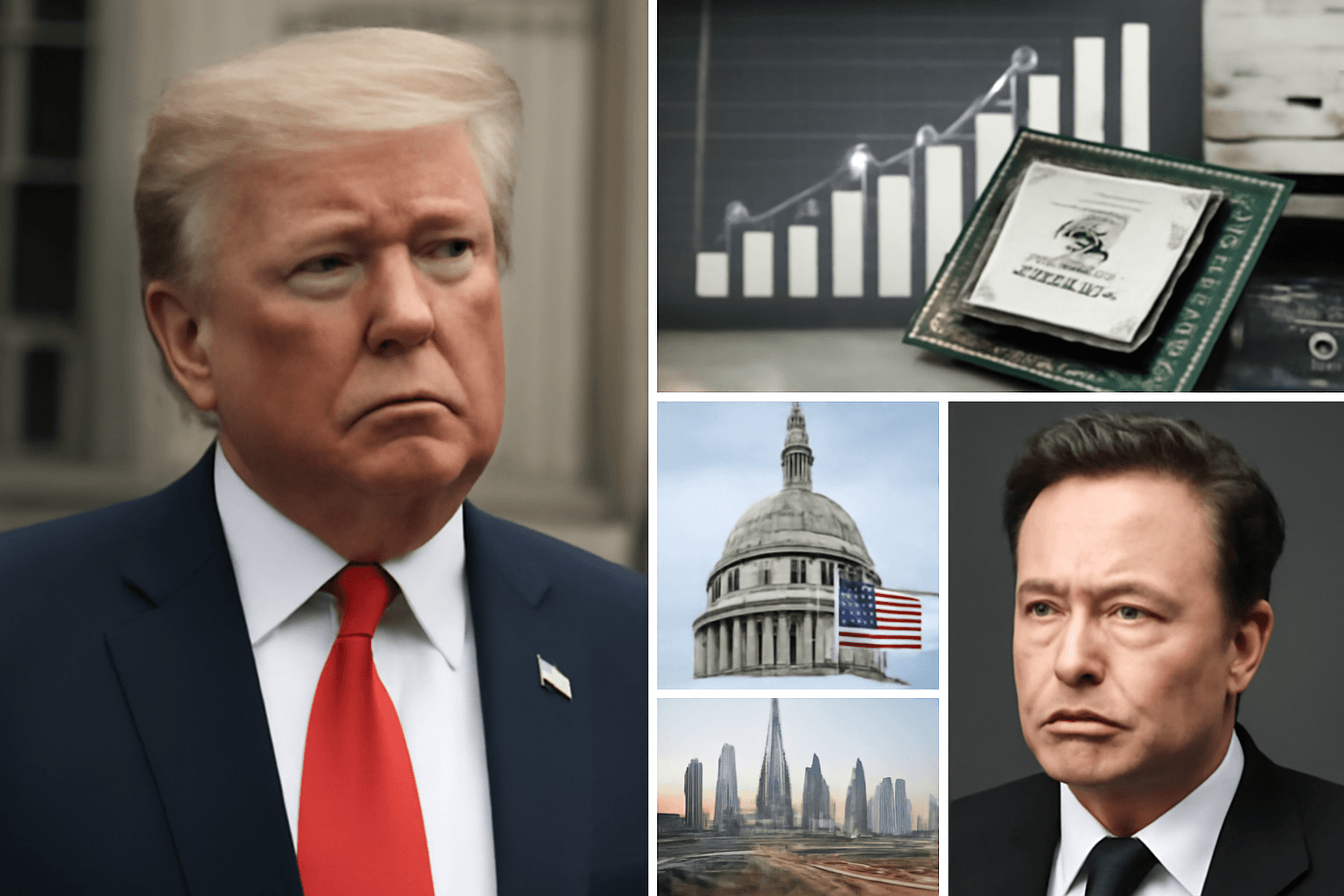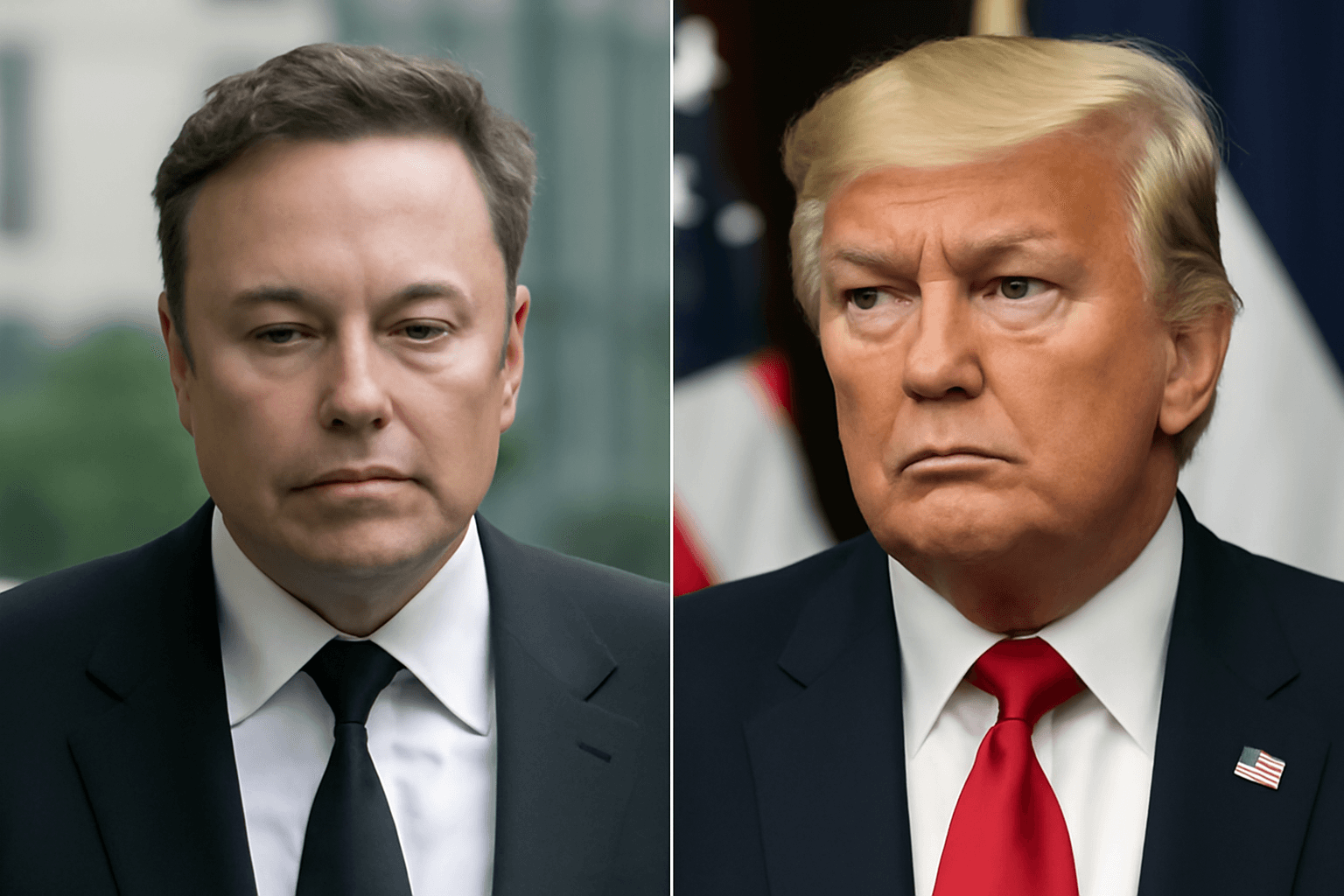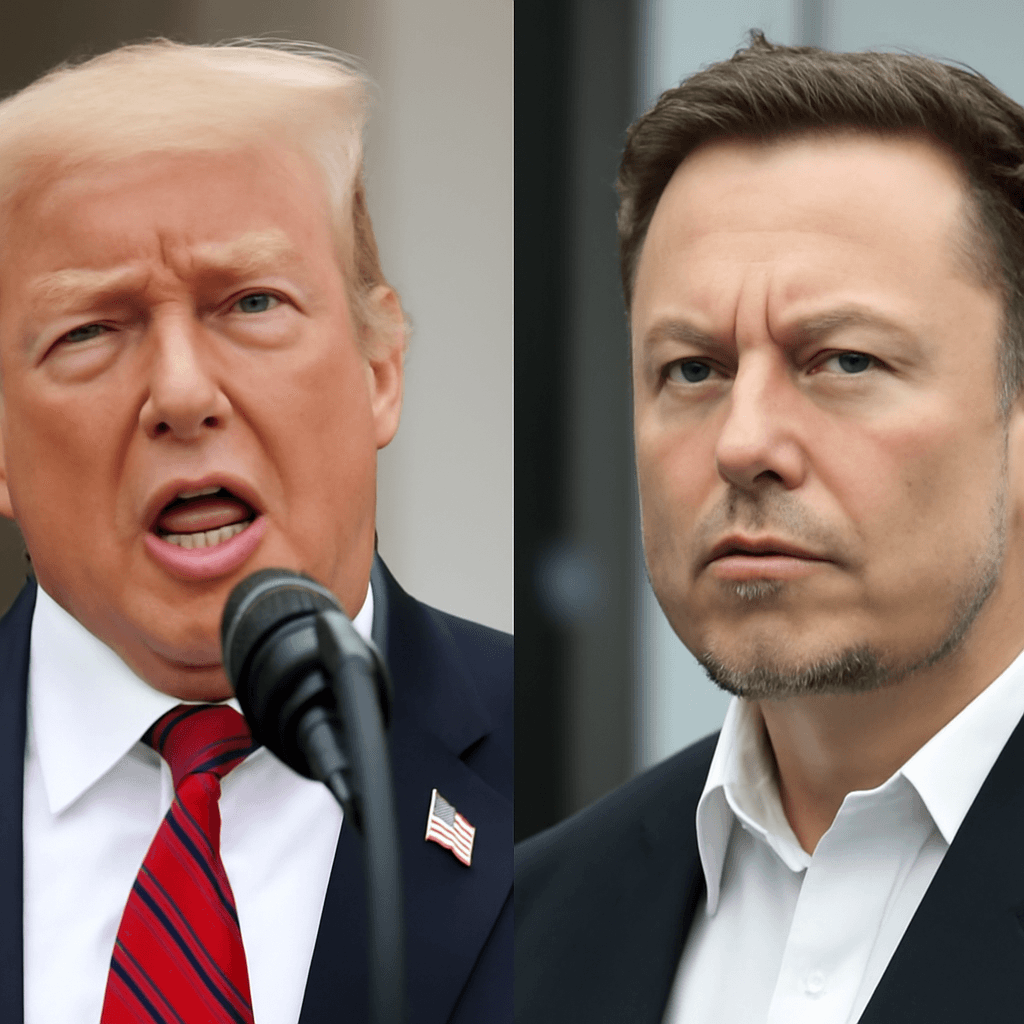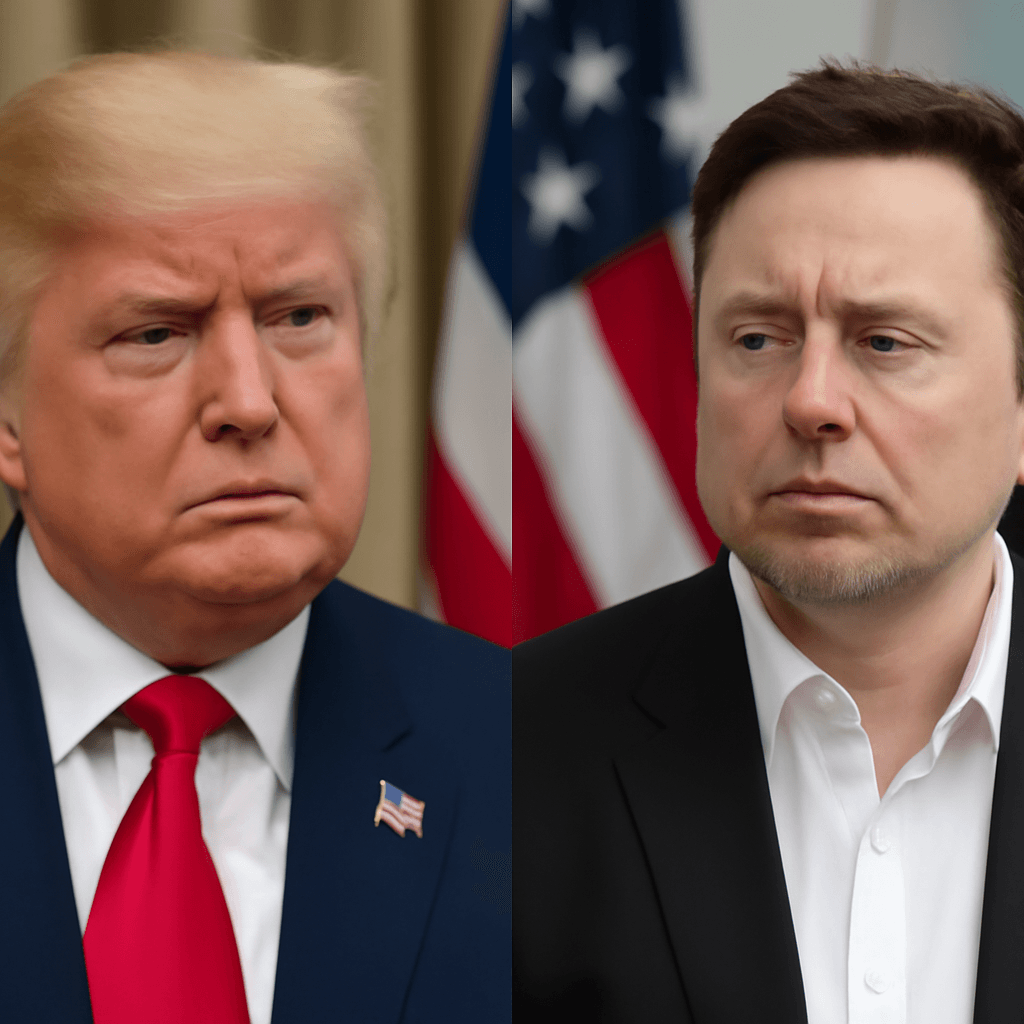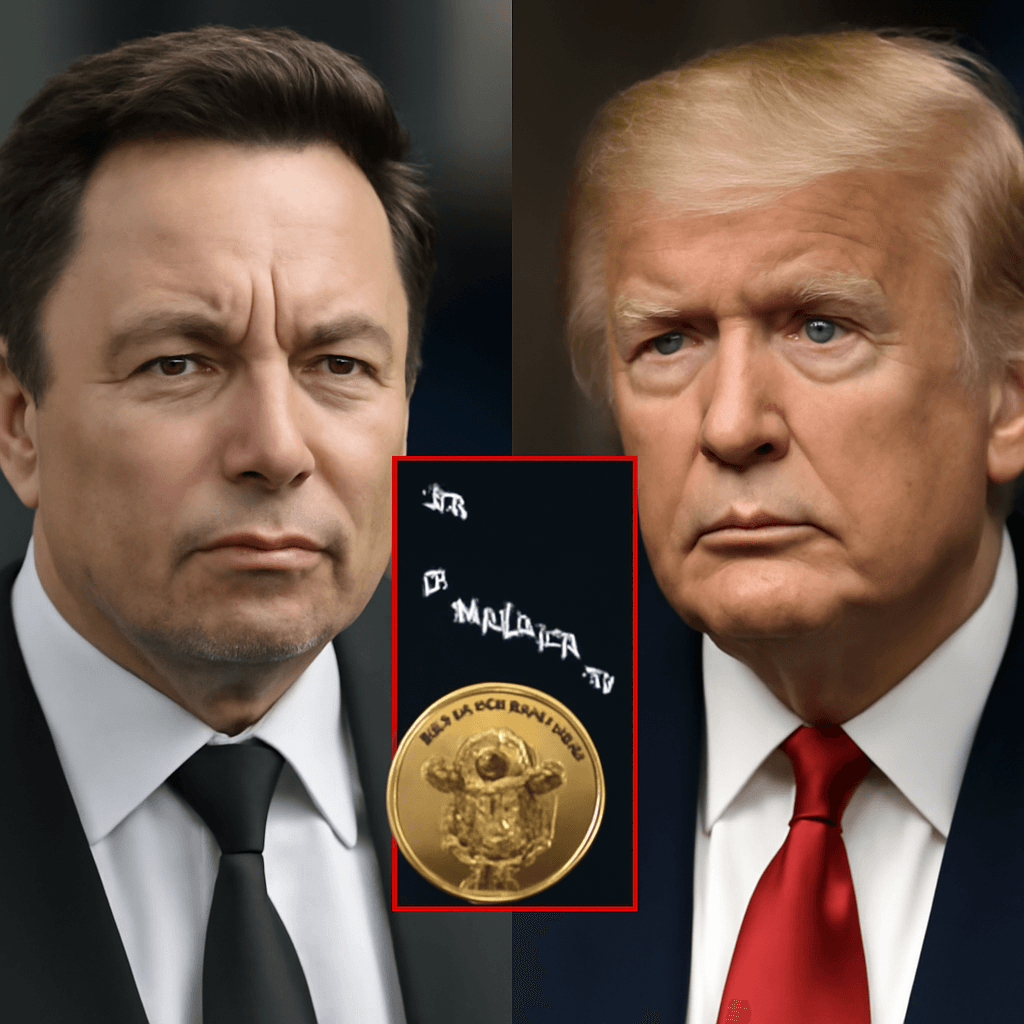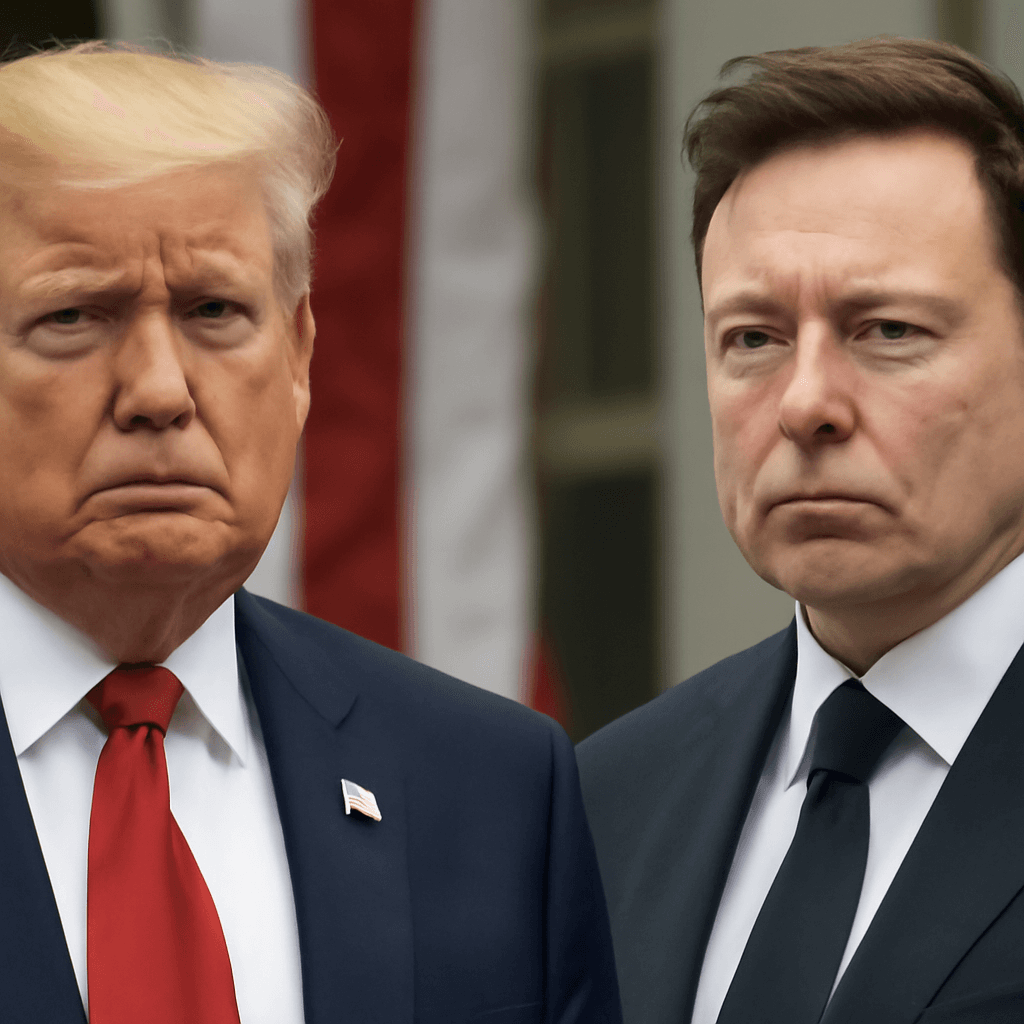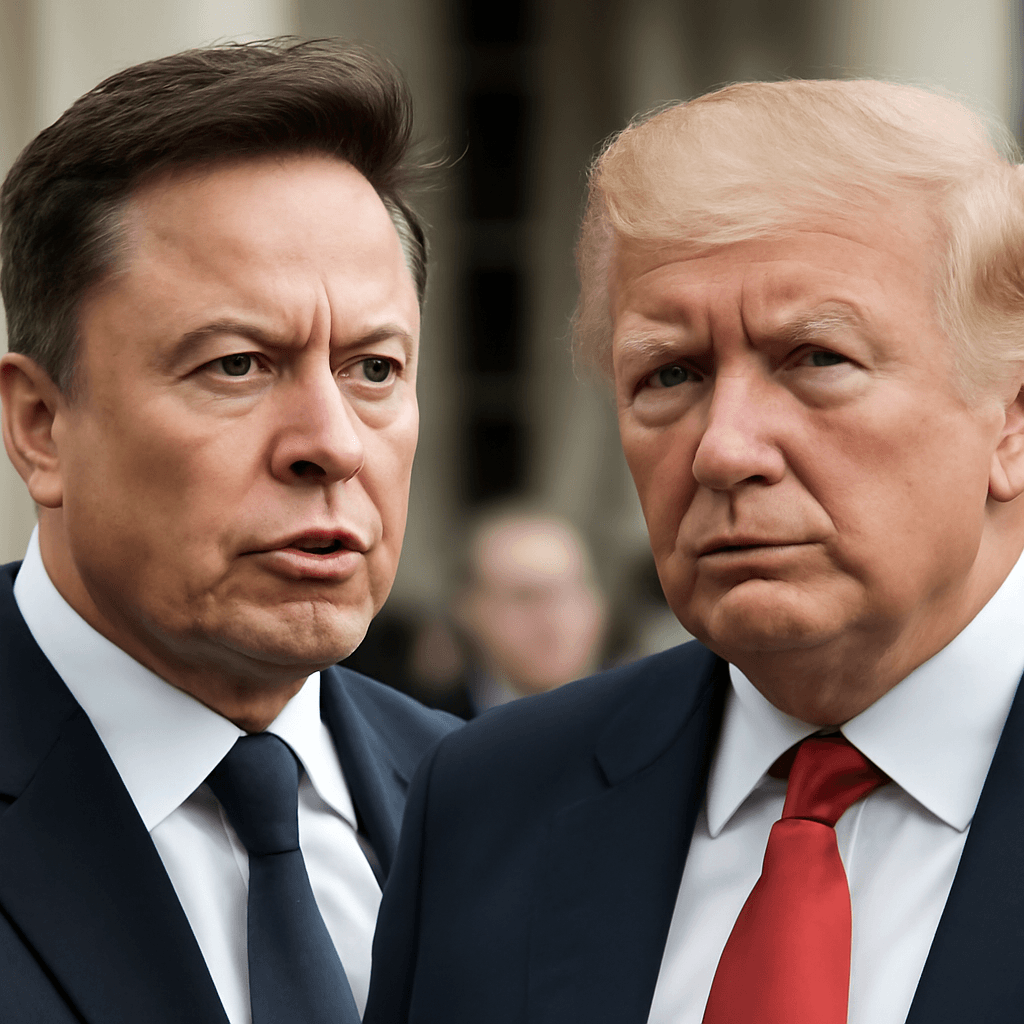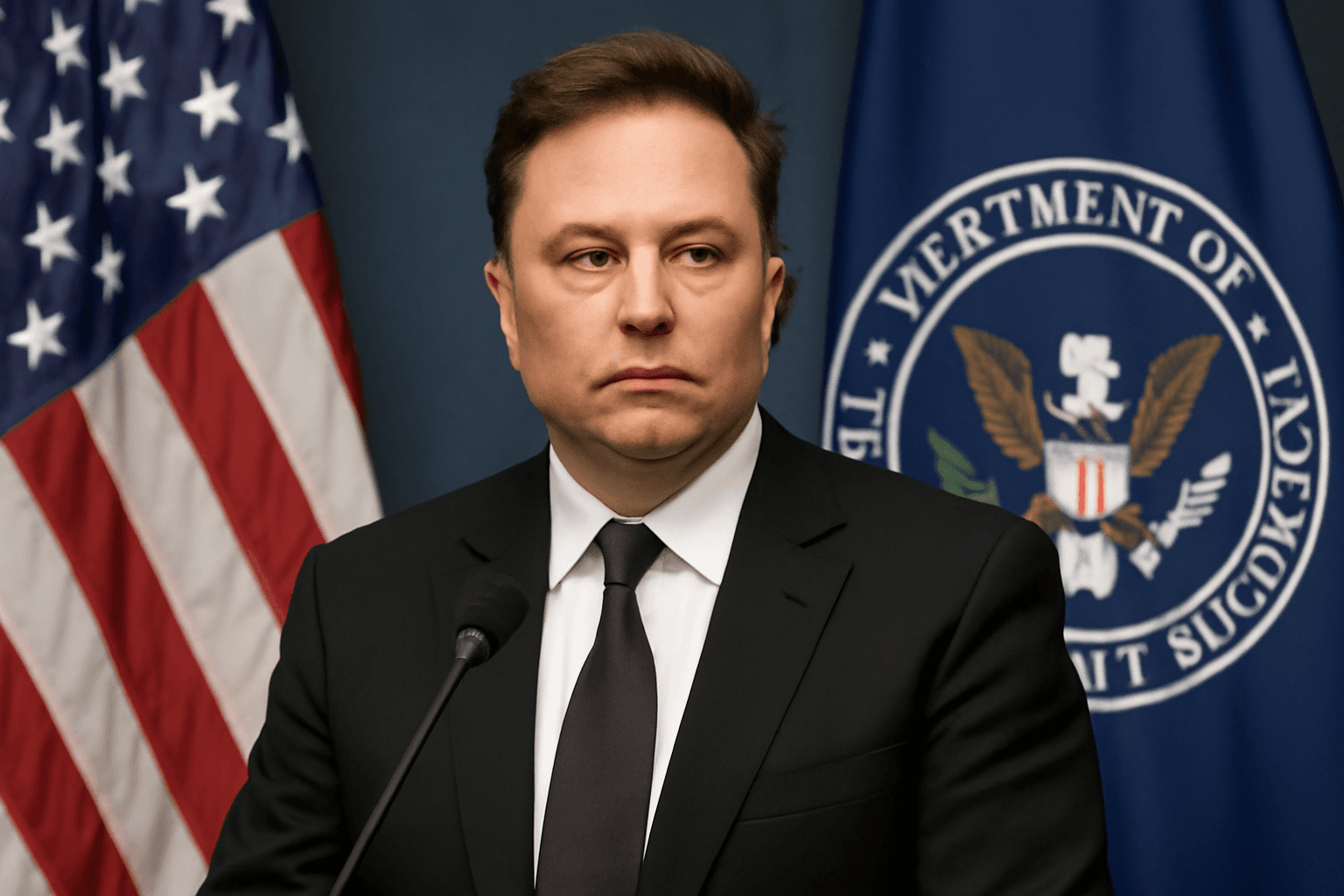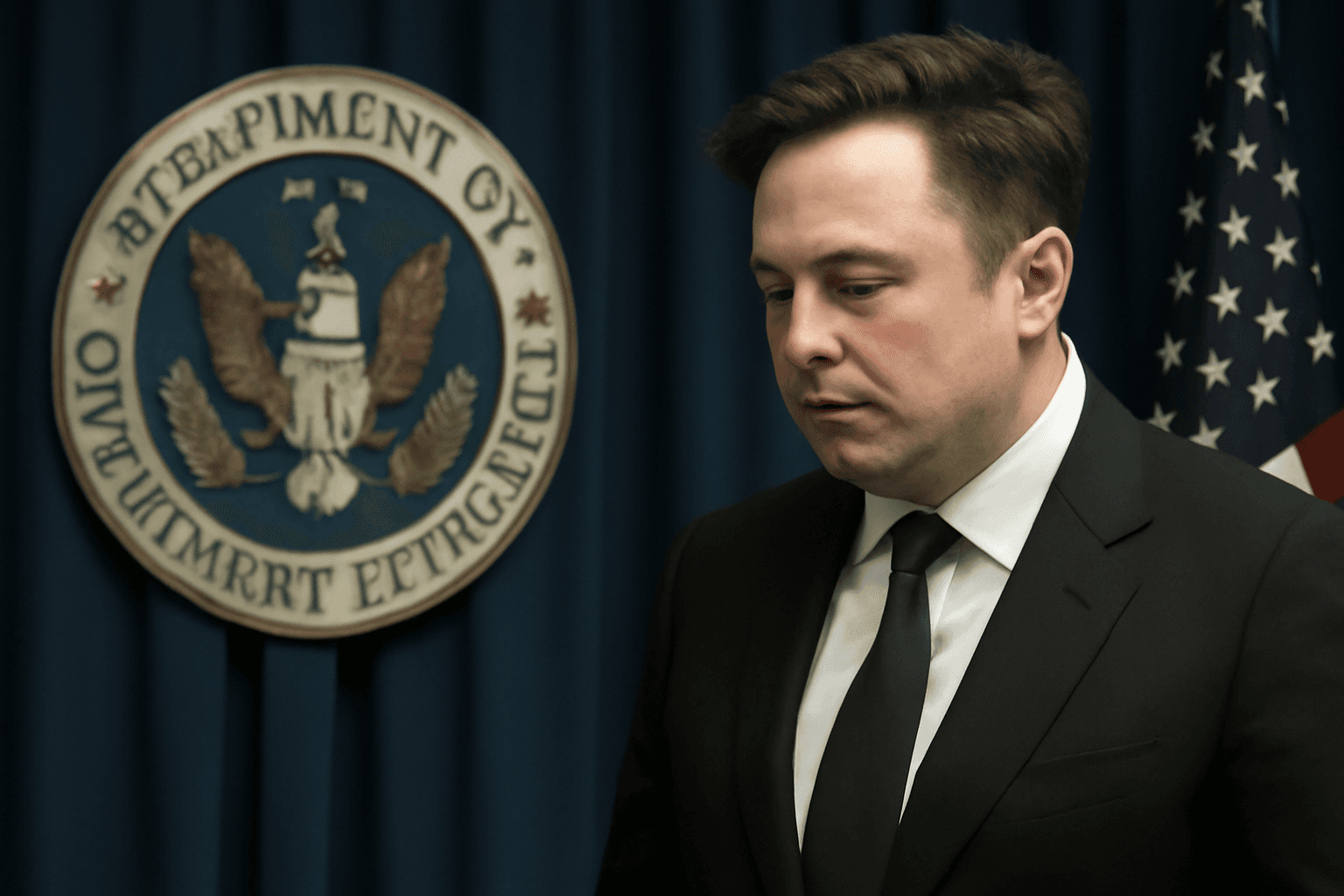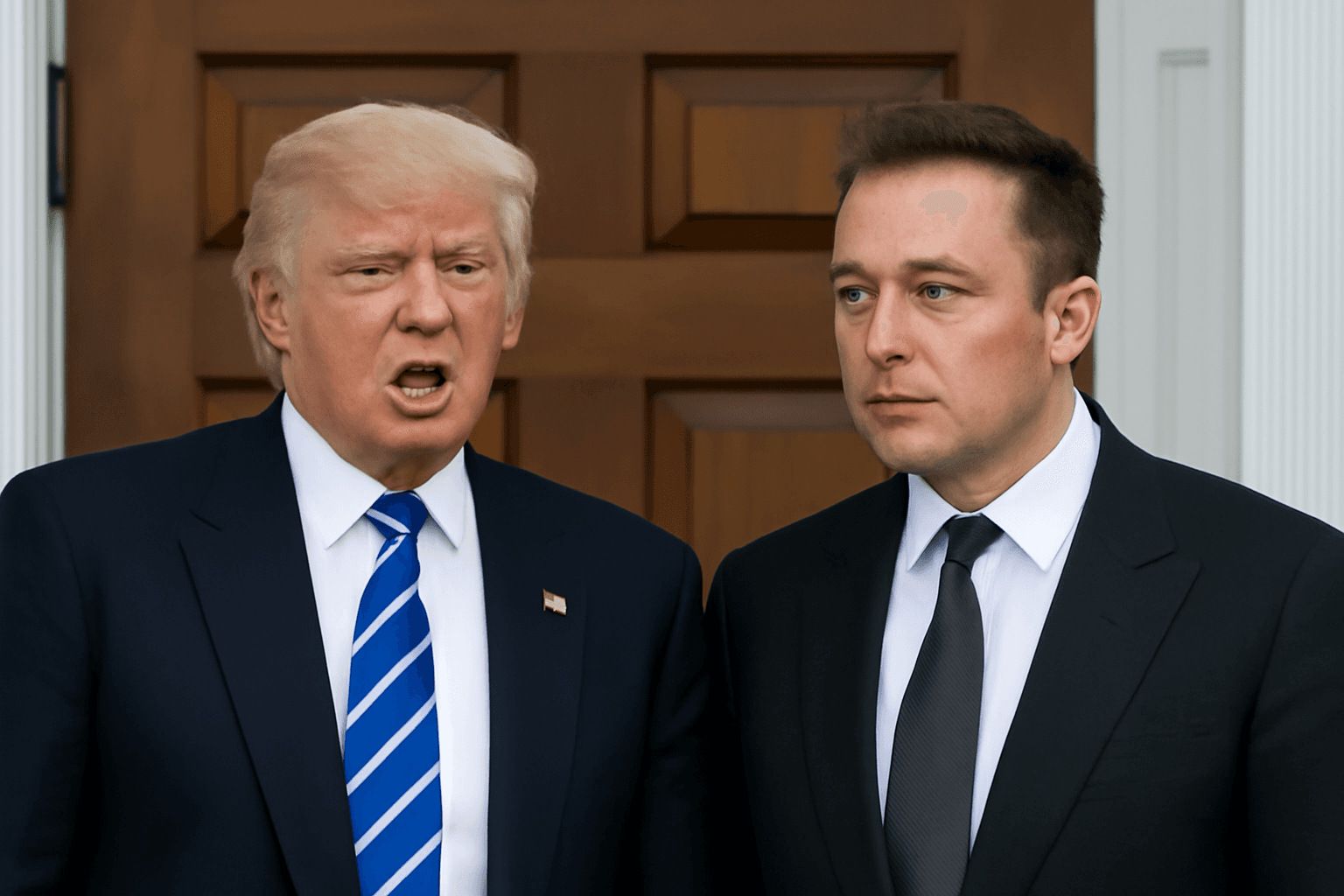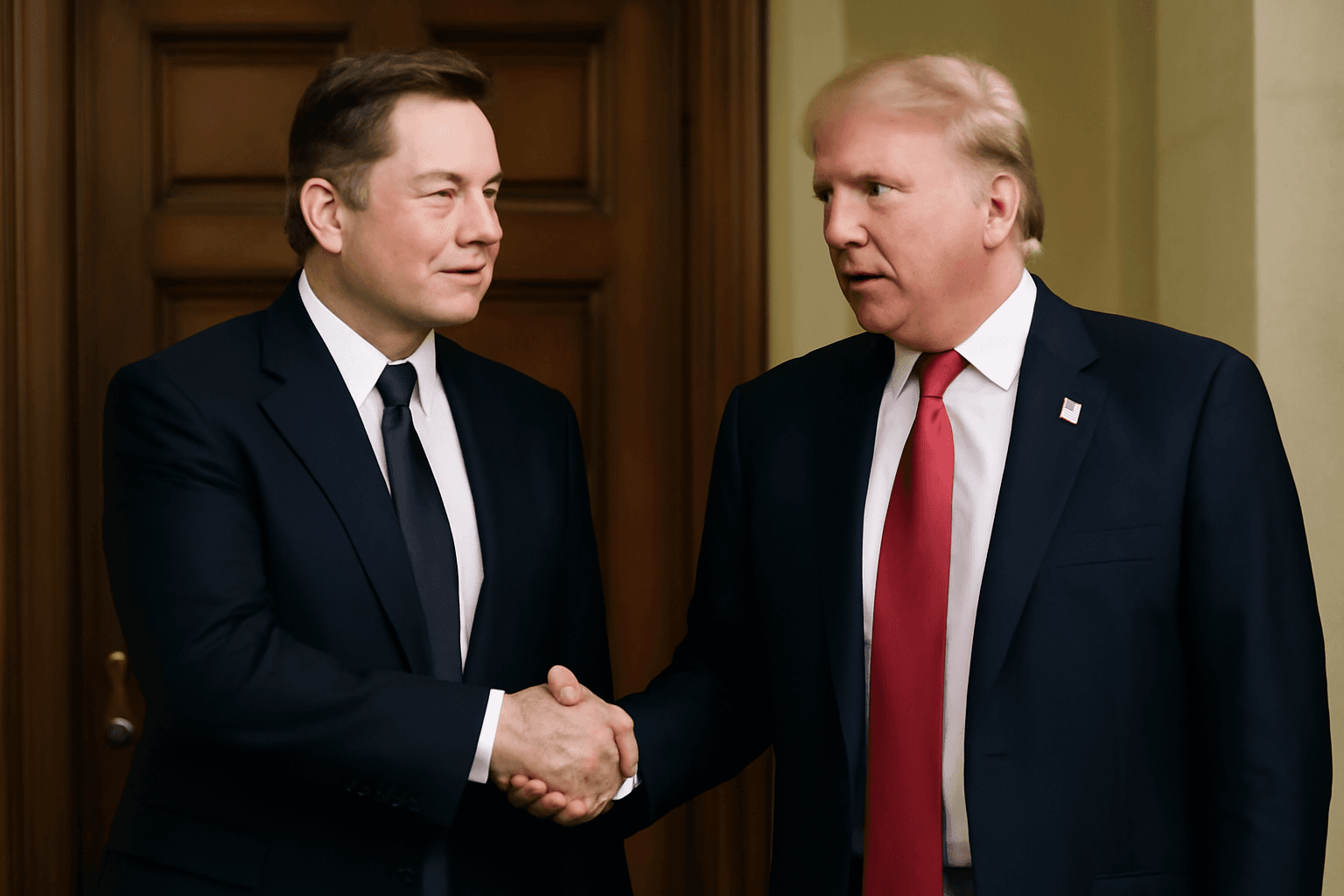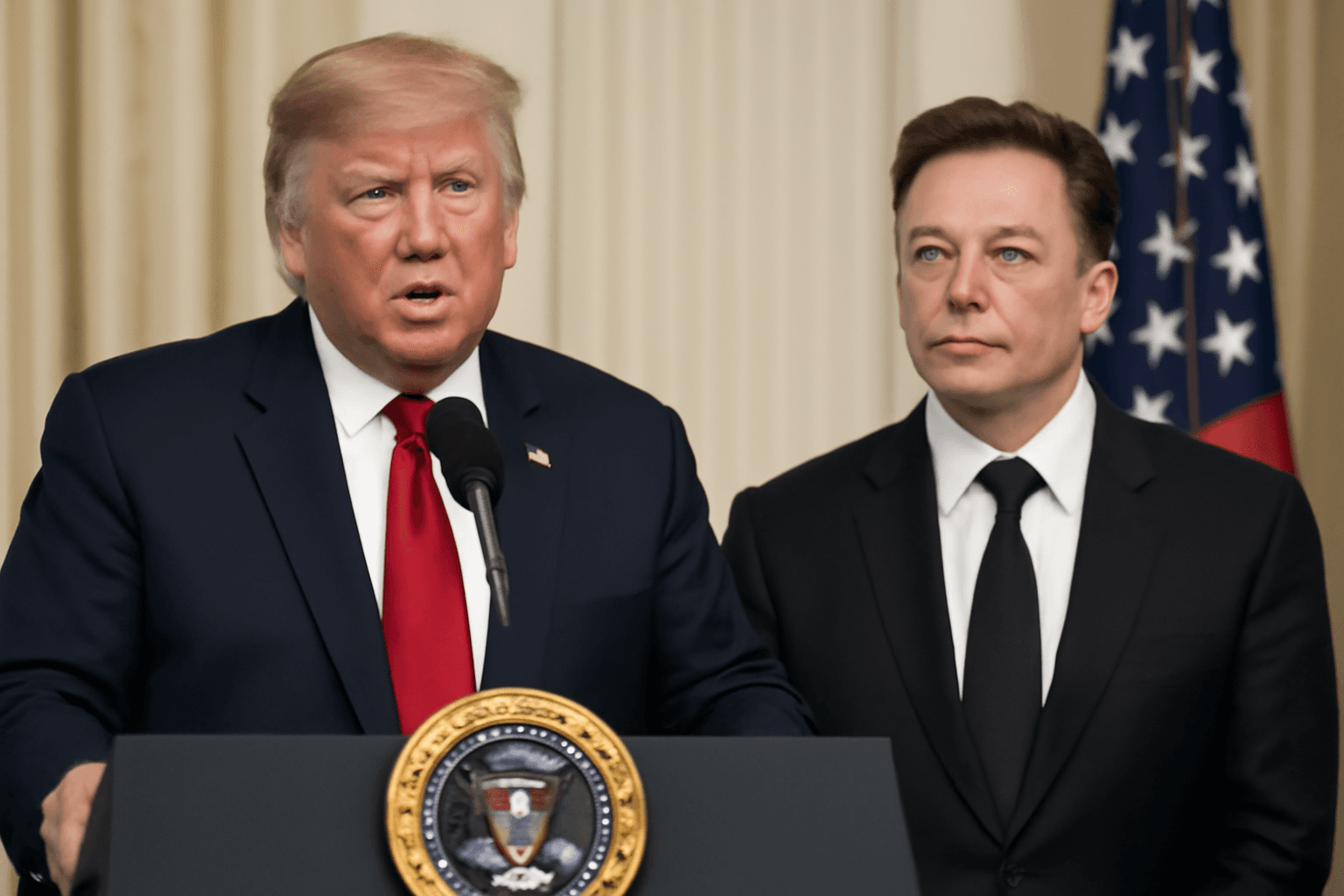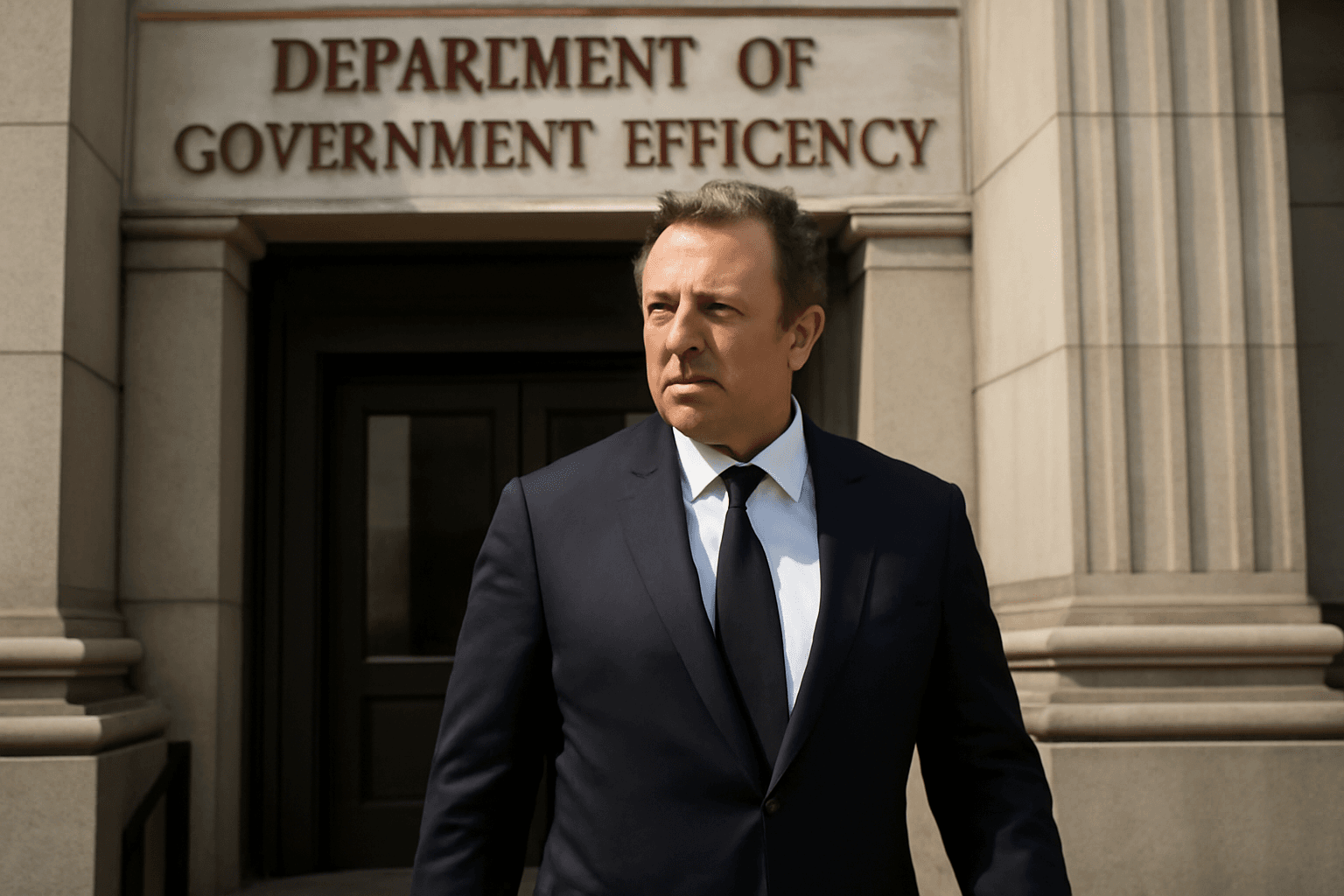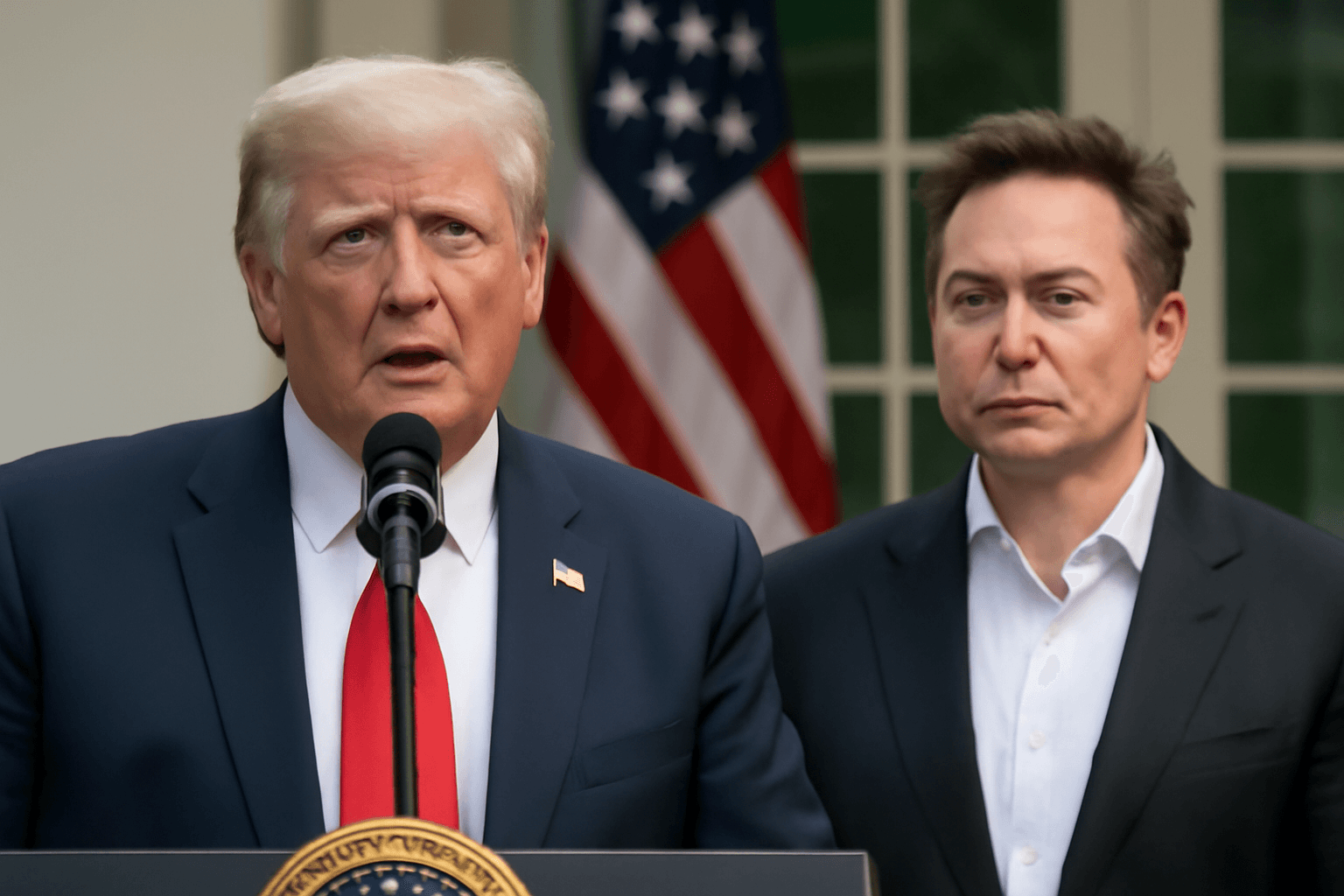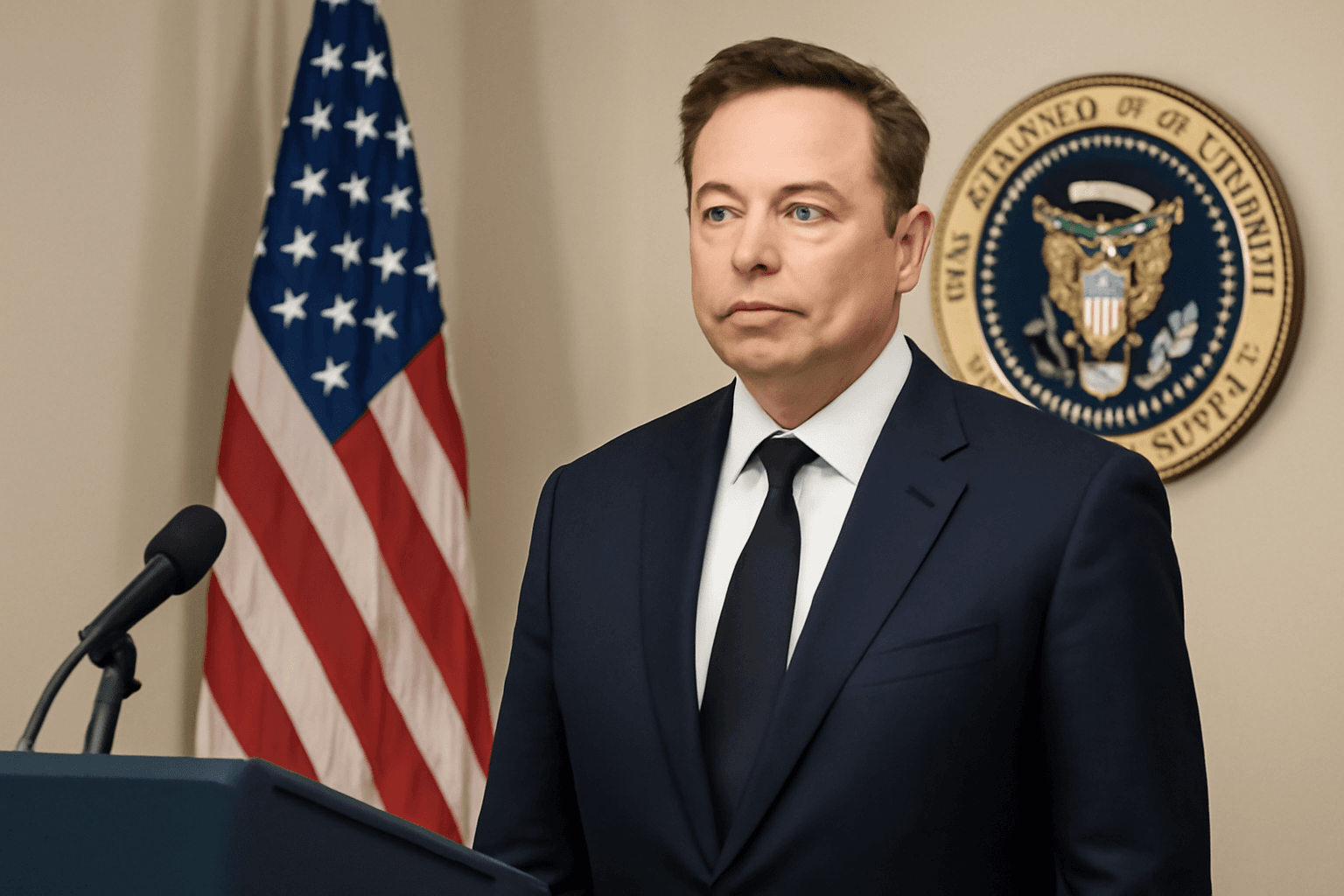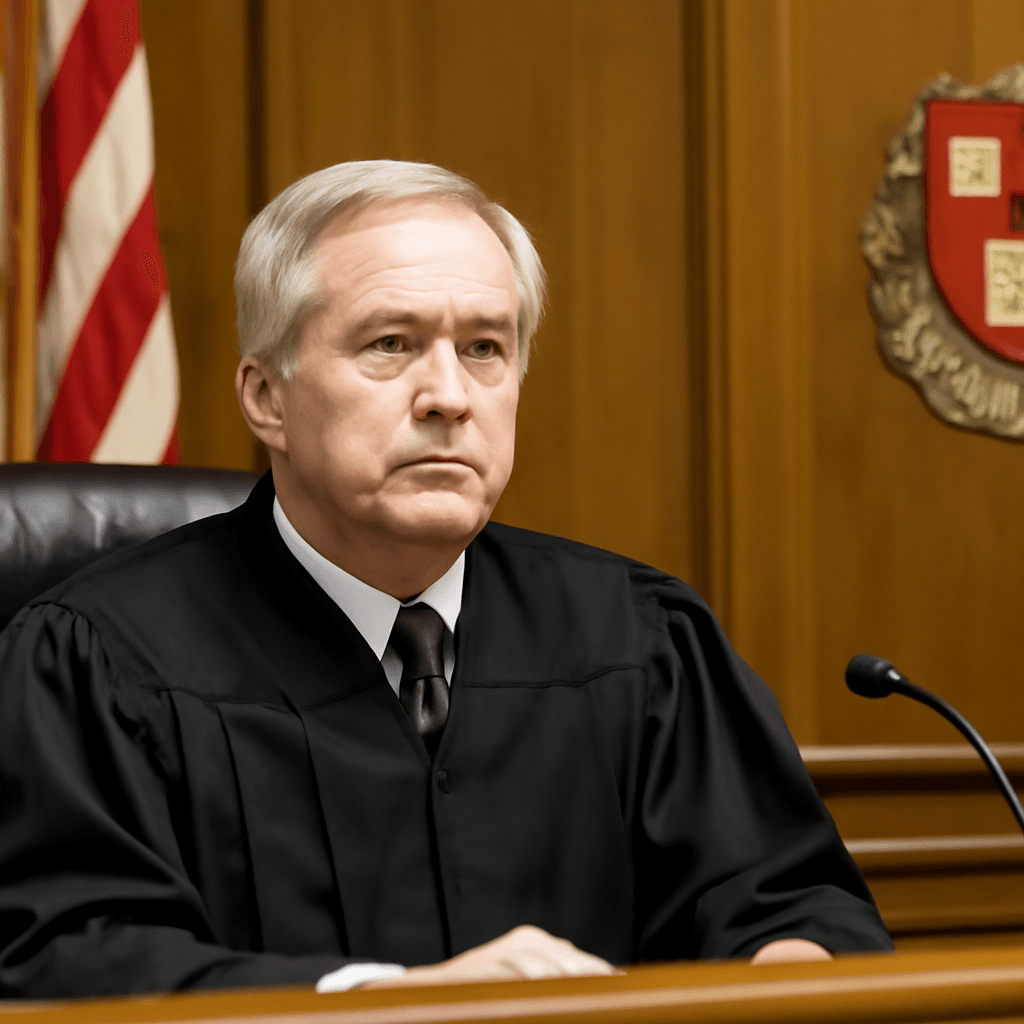Introduction
The public dispute between former President Donald Trump and billionaire entrepreneur Elon Musk has rapidly escalated, showcasing the intense dynamic between two of the world's most influential figures. A disagreement initially sparked by a tax and spending bill quickly devolved into a heated exchange of accusations and threats across social media platforms and public statements.
Origins of the Feud
The tension began when Musk openly criticized a recent tax and spending bill, labeling it a "disgusting abomination" that would harm the nation's financial stability. This stance put him at odds with Trump, who had previously praised Musk and considered him an ally.
Musk's opposition was highlighted by his repost of satirical commentary and past tweets from Trump himself, underscoring concerns about fiscal responsibility and government spending.
Progression of Public Exchanges
- Musk accused Trump of benefiting from his support during the previous election, implying that the president owed his win in part to Musk's influence.
- Trump retaliated by labeling Musk "crazy" and threatened to terminate federal contracts awarded to Musk's companies, including Tesla and SpaceX.
- Musk responded defiantly, hinting at drastic measures such as decommissioning SpaceX's Dragon spacecraft, a critical asset for the International Space Station.
Key Highlights from the Dispute
- Musk's Criticism: Besides opposing the tax bill, Musk highlighted perceived inequalities such as the continuation of oil and gas subsidies and the inclusion of unnecessary spending, often referred to as "pork." He also lamented not being shown the bill beforehand.
- Trump's Position: The former president expressed disappointment and claimed to have supported Musk previously. He argued Musk was aware of the bill’s implications and targeted the EV subsidy cuts as a central grievance.
- Market Impact: Tesla shares decreased by approximately 14% amid investor concern related to the feud and its potential consequences.
Responses and Reactions
Throughout the confrontation, Musk and Trump exchanged posts not only addressing each other but also interacting with their audiences and supporters. Musk pointedly referenced past moments when Trump showcased Tesla vehicles, while Trump accused Musk of erratic behavior and reiterated his willingness to influence federal contract awards.
Observers and market analysts expressed concern, with some urging restraint to prevent further damage to both the companies involved and the political landscape.
Conclusion and Current Status
By the evening of the dispute, Musk signaled a retreat from his most severe threat, clarifying that SpaceX would not decommission the Dragon spacecraft after all. Despite the volatility, the conflict remains a potent example of how disagreements between prominent figures can rapidly become public spectacles with real-world implications.
This episode underscores the complex interplay between business interests, political alliances, and public communications in the digital age.

